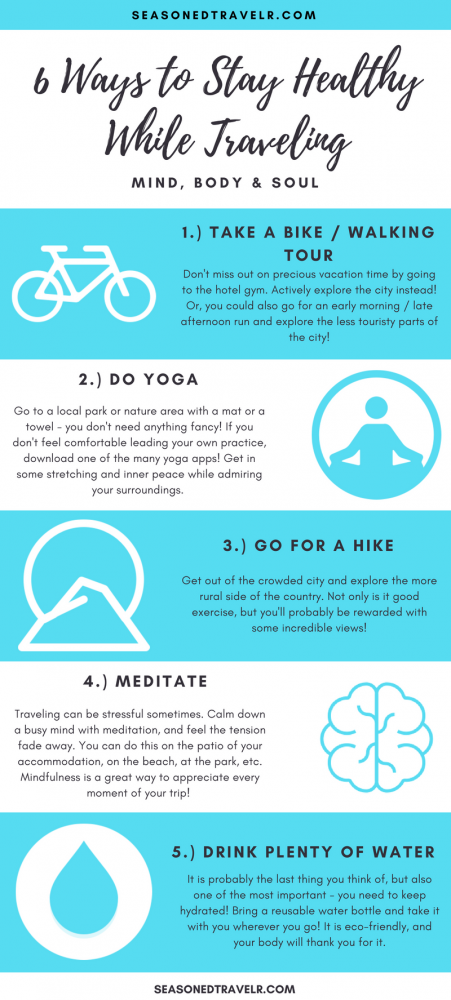In this article, you will learn some valuable content tips for staying healthy while traveling to tropical destinations. We will discuss the importance of staying hydrated, protecting yourself from insects, and practicing safe food and water habits. You will also discover helpful suggestions on how to dress appropriately and be mindful of your surroundings. By following these tips, you can ensure a safe and enjoyable trip without compromising your health.
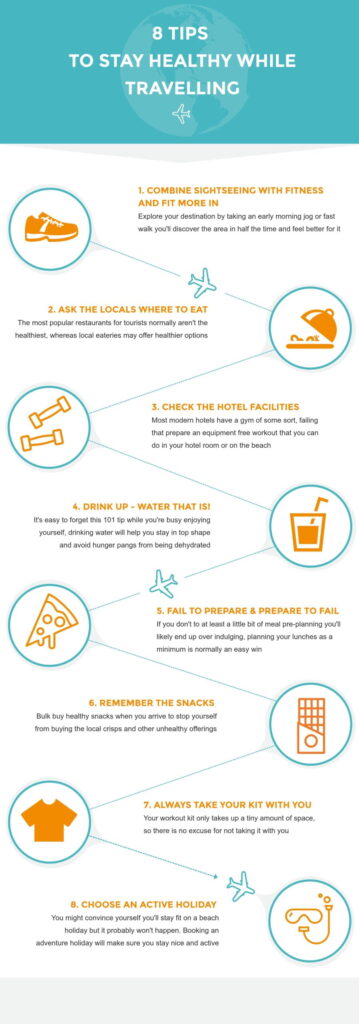
This image is property of twobudgettravelers.com.
Tips for Staying Healthy while Traveling to Tropical Destinations
Traveling to tropical destinations can be an exciting adventure filled with stunning landscapes, vibrant cultures, and unique experiences. However, it’s important to plan ahead and take preventive measures to ensure a healthy and enjoyable trip. In this article, we will provide you with essential tips for staying healthy while traveling to tropical destinations.
Researching destination health risks
Before embarking on your tropical journey, it’s crucial to research and understand the potential health risks associated with your destination. Different regions may have specific diseases or illnesses that you need to be aware of. Check the Center for Disease Control and Prevention (CDC) website or consult reliable travel resources to gather information about prevalent health risks in your chosen tropical destination.
Consulting a travel health professional
To receive personalized advice and recommendations, consider scheduling an appointment with a travel health professional. These experts are knowledgeable about tropical diseases, vaccinations, and medications needed for specific regions. They can assess your medical history, current health status, and travel plans to provide tailored advice to keep you healthy during your trip.
Getting necessary vaccinations and medications
Once you have consulted a travel health professional, ensure you receive all necessary vaccinations and medications. Some tropical destinations require specific vaccines to protect against diseases such as malaria, typhoid fever, and yellow fever. It’s important to receive these vaccines well in advance, as some may require multiple doses or take time to become effective. Additionally, if you take any regularly prescribed medications, make sure you have an ample supply for the duration of your trip.
Maintaining Hygiene and Sanitation
Packing hand sanitizers and disinfectant wipes
One of the simplest yet most effective ways to prevent illness while traveling is by practicing good hygiene. Pack travel-sized hand sanitizers and disinfectant wipes to clean your hands and frequently touched surfaces. Use hand sanitizers when soap and water are not readily available, and wipe down surfaces such as airplane tray tables, hotel room doorknobs, and bathroom fixtures to minimize exposure to germs.
Avoiding tap water and using bottled water
In many tropical destinations, tap water may not be safe for consumption due to potential contaminants. To avoid waterborne diseases, rely on bottled water for drinking and brushing your teeth. Purchase sealed bottles from reputable sources and always check the seal before opening. While it may be tempting to indulge in ice-cold beverages, remember that ice cubes are often made from tap water, so it’s best to skip them or ensure they are made from purified water.
Practicing good hand hygiene
Proper hand hygiene is crucial in preventing the spread of germs and illness. Wash your hands with soap and clean water for at least 20 seconds before eating, after using the restroom, and after touching surfaces in public areas. If soap and water are not available, use hand sanitizers that contain at least 60% alcohol. Remember to also avoid touching your face, especially your eyes, nose, and mouth, as this can transfer germs from your hands to your body.
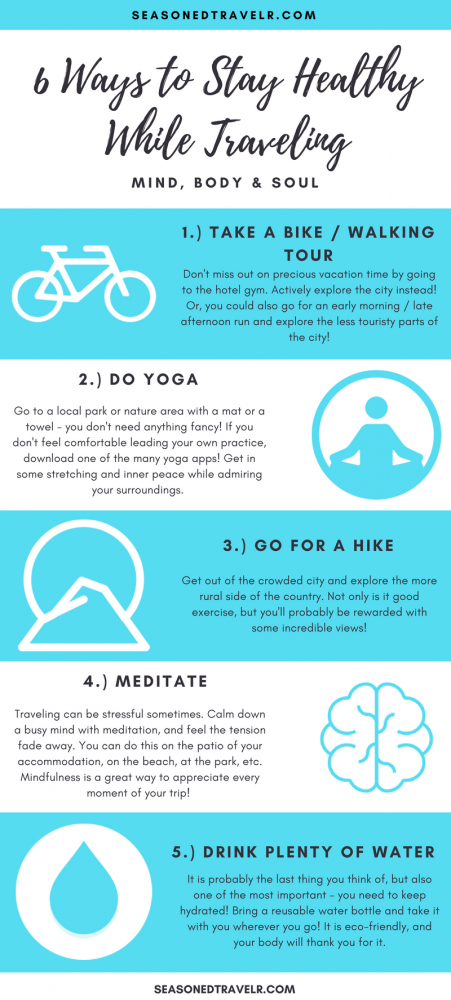
This image is property of www.seasonedtravelr.com.
Protecting Against Mosquito-Borne Illnesses
Using insect repellents with DEET
Mosquitoes can carry various diseases including malaria, dengue fever, and Zika virus. Protect yourself by using insect repellents that contain at least 20% to 30% DEET (N,N-Diethyl-meta-toluamide). Apply the repellent on exposed skin and clothing, following the instructions on the product label. Reapply as necessary, especially after swimming or sweating.
Wearing long-sleeved clothing and pants
To reduce the risk of mosquito bites, wear long-sleeved shirts, long pants, and socks, especially during dawn and dusk when mosquitoes are most active. Choose lightweight and breathable fabrics to stay comfortable in the tropical climate while still protecting your skin from mosquito bites.
Sleeping under mosquito nets
If you’re staying in accommodations with open windows or without air conditioning, sleeping under mosquito nets is a highly effective preventive measure. Make sure the nets are intact and properly tucked in to create a protective barrier while you sleep. This is particularly important in areas where mosquito-borne illnesses are prevalent.
Staying Well-Hydrated
Drinking plenty of fluids, especially water
Staying hydrated is essential for maintaining good health, especially in tropical destinations where high temperatures and humidity can lead to excessive sweating and fluid loss. Drink plenty of fluids throughout the day, with a particular focus on water consumption. Carry a refillable water bottle with you and fill it up whenever possible. Remember that thirst is not always an accurate indicator of hydration, so make a conscious effort to drink water regularly.
Avoiding excessive alcohol and caffeine consumption
While it’s tempting to indulge in fruity cocktails or strong coffees during your tropical getaway, excessive alcohol and caffeine consumption can dehydrate your body and weaken your immune system. Limit your intake of these beverages and balance them with regular water consumption to ensure proper hydration.
Carrying a refillable water bottle
To minimize plastic waste and ensure access to clean drinking water, carry a refillable water bottle throughout your trip. Many tropical destinations have refill stations in public areas or restaurants that offer free access to clean water. By refilling your bottle, you can stay hydrated without relying on single-use plastic bottles.
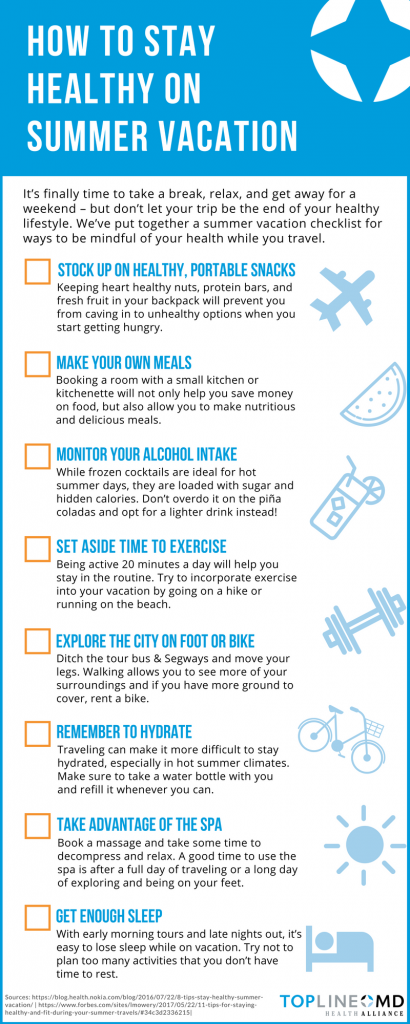
This image is property of www.toplinemd.com.
Eating Safe and Healthy Food
Choosing clean and reputable food establishments
When dining out, opt for clean and reputable food establishments to minimize the risk of foodborne illnesses. Look for restaurants that have good hygiene practices and high customer turnover, as this indicates that the food is likely to be fresh. Avoid street food or food stalls that do not meet basic cleanliness standards.
Avoiding raw or undercooked foods
To reduce the risk of foodborne illnesses, avoid consuming raw or undercooked foods, especially seafood, meat, and eggs. Opt for fully cooked meals that are steaming hot when served. While it might be tempting to try local delicacies, make sure they are properly cooked and served in hygienic conditions.
Opting for freshly cooked meals
Freshly cooked meals are less likely to harbor harmful bacteria than pre-packaged or reheated meals. Look for food establishments that offer made-to-order meals and prioritize freshly prepared ingredients. This way, you can enjoy flavorful and safe meals while exploring the local cuisine.
Maintaining a Balanced Diet
Including fruits and vegetables in meals
Consuming a variety of fruits and vegetables is essential for obtaining essential nutrients and maintaining a healthy immune system. Seek out opportunities to include fresh fruits and vegetables in your meals, either as main dishes or as side dishes. Explore local markets or grocery stores to discover regional produce and incorporate them into your tropical dining experience.
Eating protein-rich foods
Protein helps in repairing tissues and maintaining a strong immune system. Include protein-rich foods such as lean meats, poultry, fish, legumes, and nuts in your diet. These foods will provide you with the necessary energy for exploring tropical destinations while keeping you healthy and satisfied.
Avoiding excessive sugary and fatty foods
While indulgence is a part of any vacation, excessive consumption of sugary and fatty foods can negatively impact your health. Opt for healthier choices when dining out and balance your indulgences with nutritious options. This way, you can enjoy the local cuisine while taking care of your overall well-being.
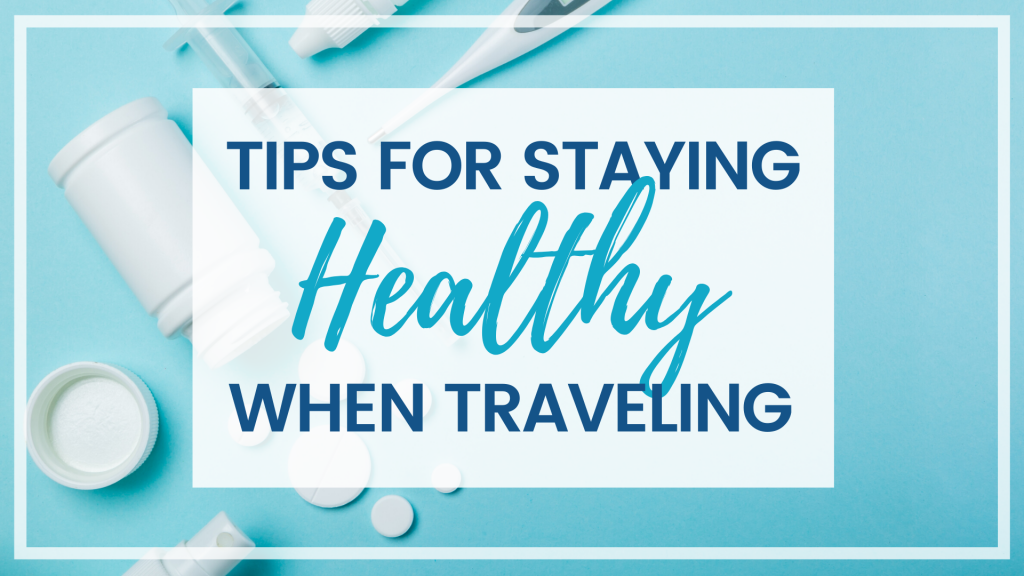
This image is property of www.scenicsuitcase.com.
Exercising and Staying Active
Engaging in physical activities like swimming or hiking
Tropical destinations often offer an array of outdoor activities that allow you to stay active while exploring your surroundings. Take advantage of opportunities to swim in the ocean, hike through lush forests, or participate in water sports. These activities not only keep you fit but also provide memorable experiences unique to tropical destinations.
Doing simple exercises in the hotel room
If you prefer to exercise indoors, dedicate a few minutes each day to simple exercises in your hotel room. Perform stretches, bodyweight exercises, or yoga poses to keep your body active and promote blood circulation. You can find exercise routines or follow instructional videos available online specifically designed for hotel room workouts.
Exploring the destination on foot
One of the best ways to stay active while traveling is by exploring the destination on foot. Instead of relying solely on transportation, consider walking or cycling to nearby attractions, markets, or restaurants. Not only will this provide exercise, but it will also allow you to immerse yourself more fully in the local culture and scenery.
Getting Adequate Rest
Ensuring a comfortable sleep environment
Quality sleep is essential for maintaining good health and a strong immune system, especially when traveling. Ensure your sleep environment is comfortable by choosing accommodations with proper bedding, a quiet atmosphere, and appropriate temperature control. Use earplugs, eye masks, or white noise machines if needed to create the ideal sleep environment.
Managing jet lag and adjusting sleep schedule
When traveling across multiple time zones, jet lag can disrupt your sleep patterns and overall well-being. To manage jet lag, adjust your sleep schedule gradually before your trip, expose yourself to light in the morning at your destination, and avoid excessive caffeine or alcohol which can interfere with sleep.
Taking short naps to rejuvenate
Taking short power naps during the day can help rejuvenate your energy levels and combat fatigue. Keep your naps short, ideally around 20-30 minutes, to avoid interfering with your nighttime sleep. Find a quiet and comfortable spot, set an alarm, and enjoy a brief nap when needed to recharge during your tropical adventures.
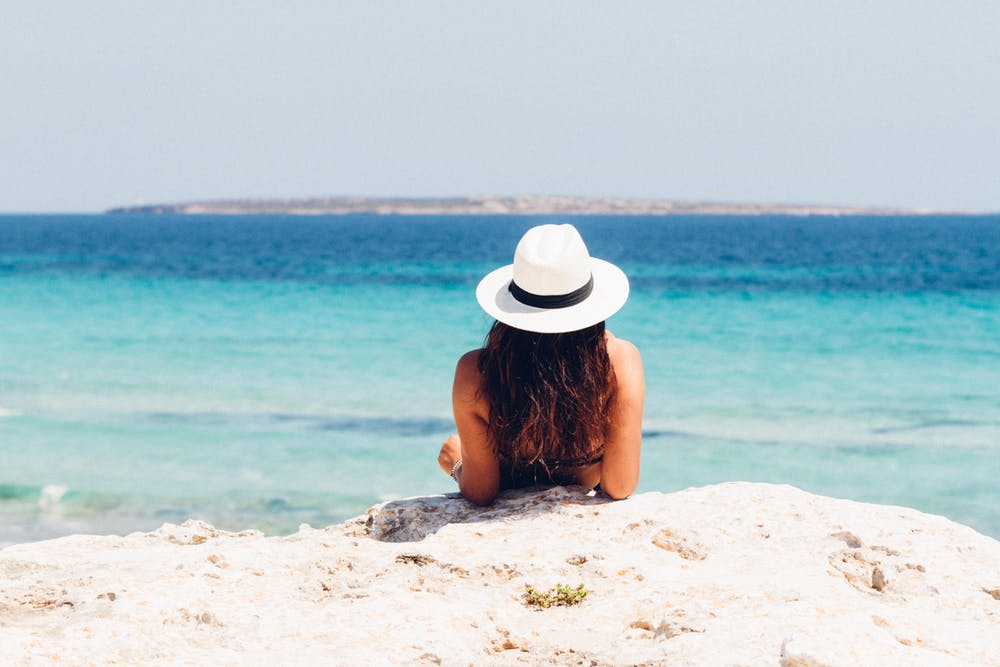
This image is property of www.tropicaltravelgirl.com.
Protecting Your Skin
Applying sunscreen with a high SPF
Tropical destinations often have intense sunlight, so it’s crucial to protect your skin from harmful UV rays. Apply a broad-spectrum sunscreen with a high sun protection factor (SPF) of at least 30 to exposed skin areas. Reapply sunscreen every two hours, especially after swimming or excessive sweating, and seek shade during the peak sun hours of the day.
Wearing protective clothing and hats
Along with sunscreen, wearing protective clothing and hats can provide an extra layer of defense against the sun’s rays. Opt for long-sleeved shirts, wide-brimmed hats, and sunglasses that offer UV protection. Lightweight and breathable fabrics in light colors can help keep you cool while still providing adequate sun protection.
Seeking shade during peak sun hours
The sun’s rays are strongest between 10 am and 4 pm, so it’s advisable to seek shade during these hours. If you’re spending time outdoors, find shelter under trees, umbrellas, or other shaded areas. This not only protects your skin from sunburn but also helps prevent heat-related illnesses, such as sunstroke or dehydration.
Conclusion
By following these tips, you can stay healthy and enjoy your tropical destination to the fullest. Remember to research destination health risks, consult a travel health professional, and get the necessary vaccinations and medications. Maintain good hygiene, protect against mosquito-borne illnesses, stay well-hydrated, eat safe and healthy food, maintain a balanced diet, exercise and stay active, get adequate rest, and protect your skin from the sun. By taking these preventive measures, you can have a worry-free and memorable tropical trip. So pack your bags and embark on your adventure with the confidence of staying healthy throughout your journey. Bon voyage!

